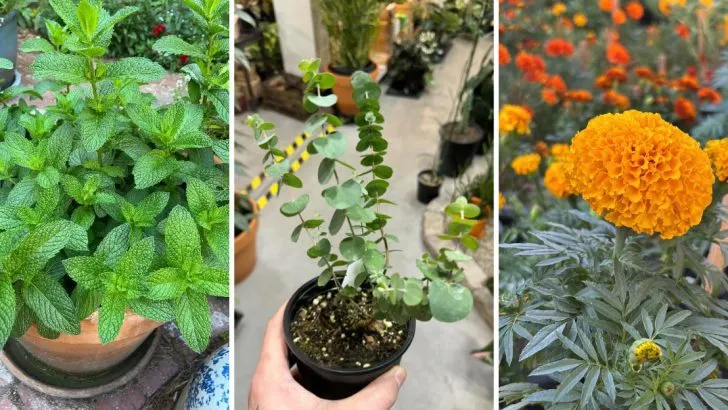Wasps can quickly turn a relaxing day in your garden into an uncomfortable experience, but you don’t need to rely on harsh chemicals to keep them at bay.
Certain plants have natural properties that deter wasps while enhancing your garden with beauty and fragrance. By strategically planting these species, you can create a more enjoyable, wasp-free outdoor space.
In this guide, we’ll highlight 9 plants that naturally repel wasps from your garden. These low-maintenance options not only protect your yard but also contribute to a thriving and visually appealing landscape.
Mint
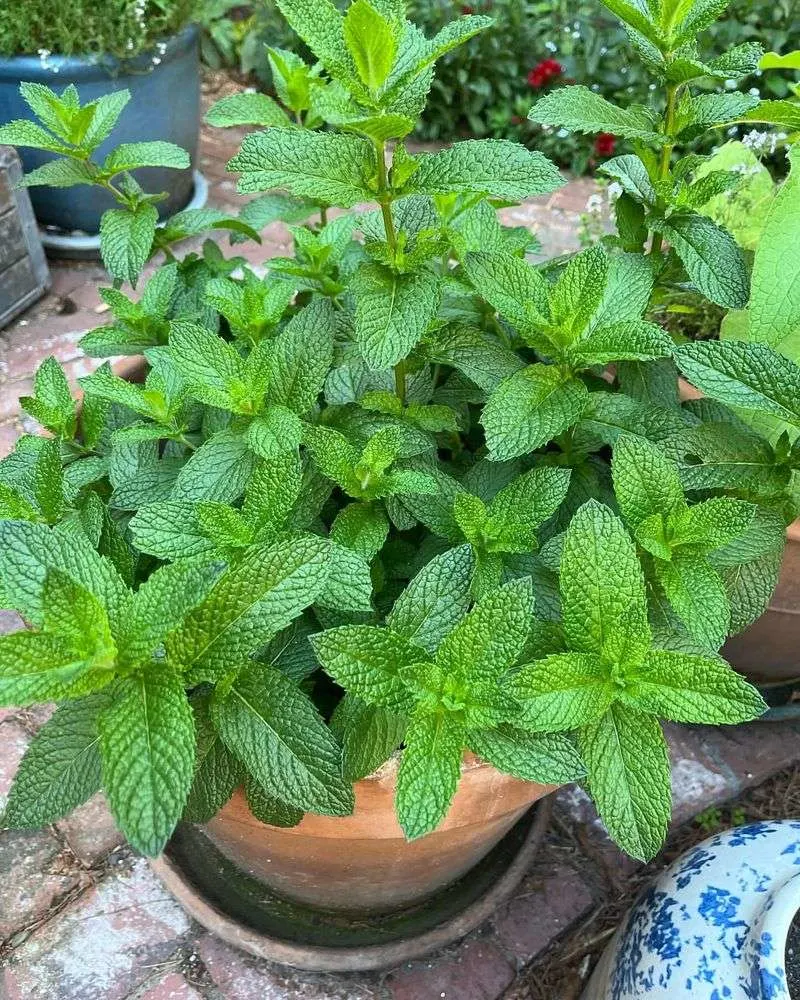
Mint’s fragrant aroma is a natural deterrent to wasps. Planting mint around the borders of your garden can create an aromatic shield. The invasive nature of mint means it spreads quickly, so consider using containers to keep it in check.
Its scent isn’t just for repelling wasps; it’s a delightful addition to summer drinks and dishes. With its vibrant green leaves and refreshing aroma, mint is a versatile plant that serves dual purposes in your garden. Embrace mint for its practicality and culinary benefits.
Basil
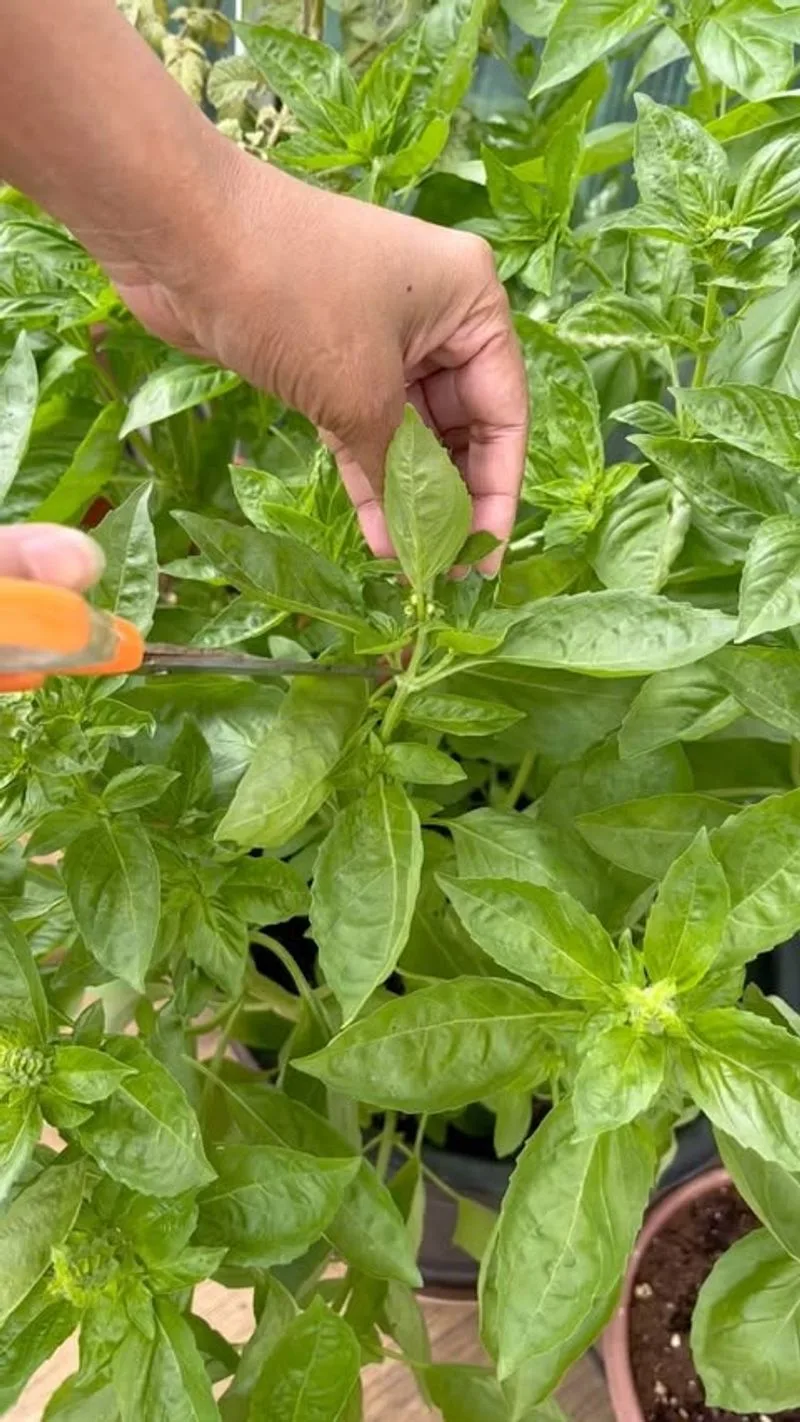
Basil’s strong scent confuses and deters wasps, making it a great addition to your garden’s defense system. This herb is not only an effective repellent but also a culinary staple. Its aromatic leaves add flavor to a variety of dishes, from pastas to salads.
By growing basil, you enjoy a dual-purpose plant that enhances both your meals and garden. A sunny spot in well-drained soil is ideal for thriving basil. Keep the soil moist, and you’ll have a healthy, wasp-repelling plant at your disposal.
Lavender
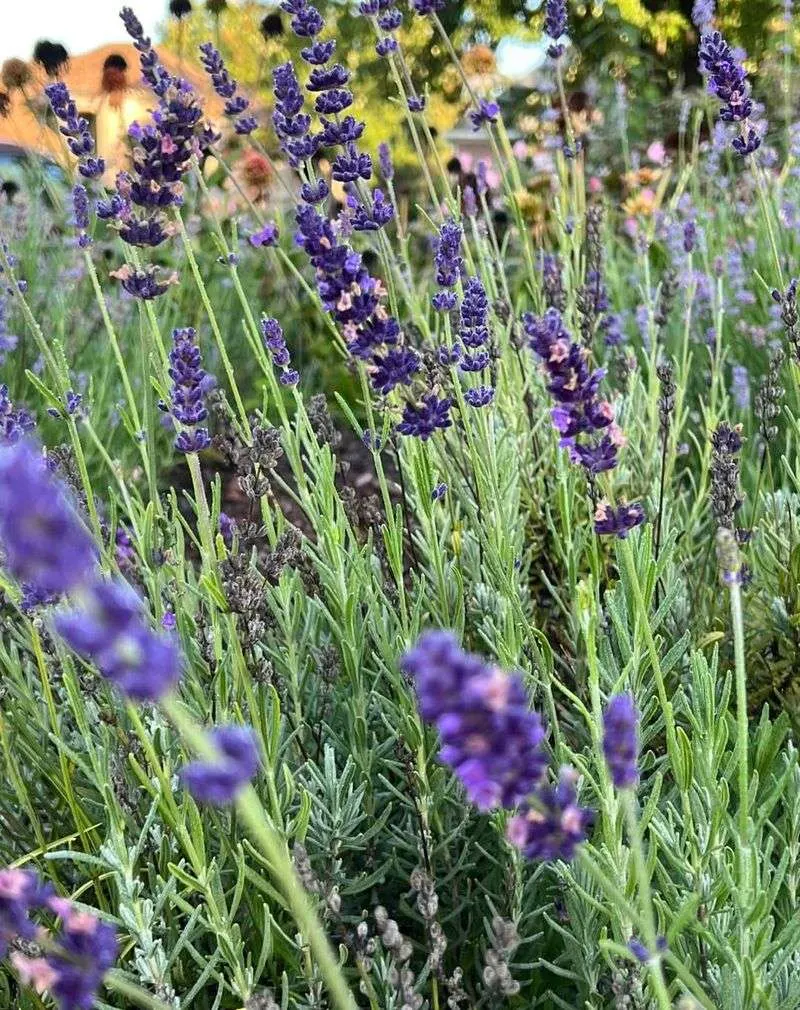
Lavender’s soothing scent is a favorite among many, but not for wasps. Its calming aroma is known to repel these insects effectively, while simultaneously attracting beneficial pollinators like bees. Plant lavender along pathways or in borders to create a fragrant barrier.
Apart from its insect-repelling properties, lavender is cherished for its beauty and versatility in crafts and home remedies. With minimal maintenance, lavender thrives in sunny, well-drained spots, ensuring your garden remains a serene retreat.
Lemongrass
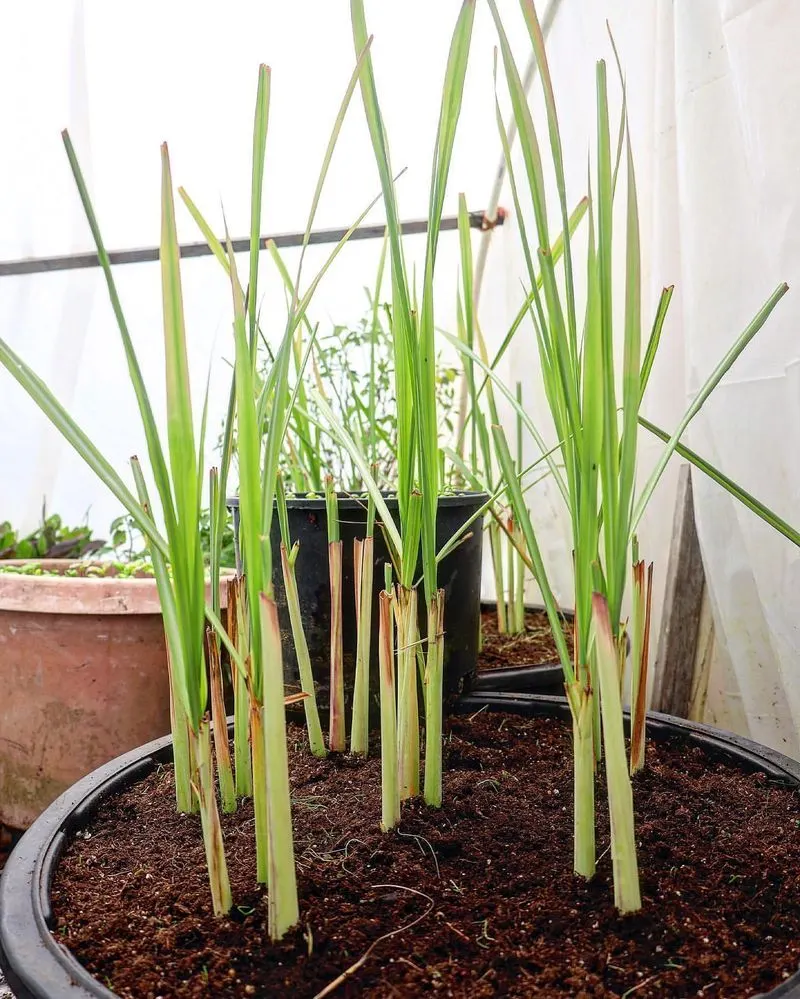
Lemongrass boasts a citrusy aroma that is unpleasant to wasps, deterring them from your garden. Its tall, graceful stalks not only add height to garden beds but also serve as a culinary herb. Perfect for teas and dishes, lemongrass is a multipurpose plant.
Growing it in containers can prevent it from becoming invasive. It thrives in warm, sunny locations and requires regular watering. With lemongrass, you introduce a natural insect repellent to your garden, creating a peaceful outdoor space.
Eucalyptus
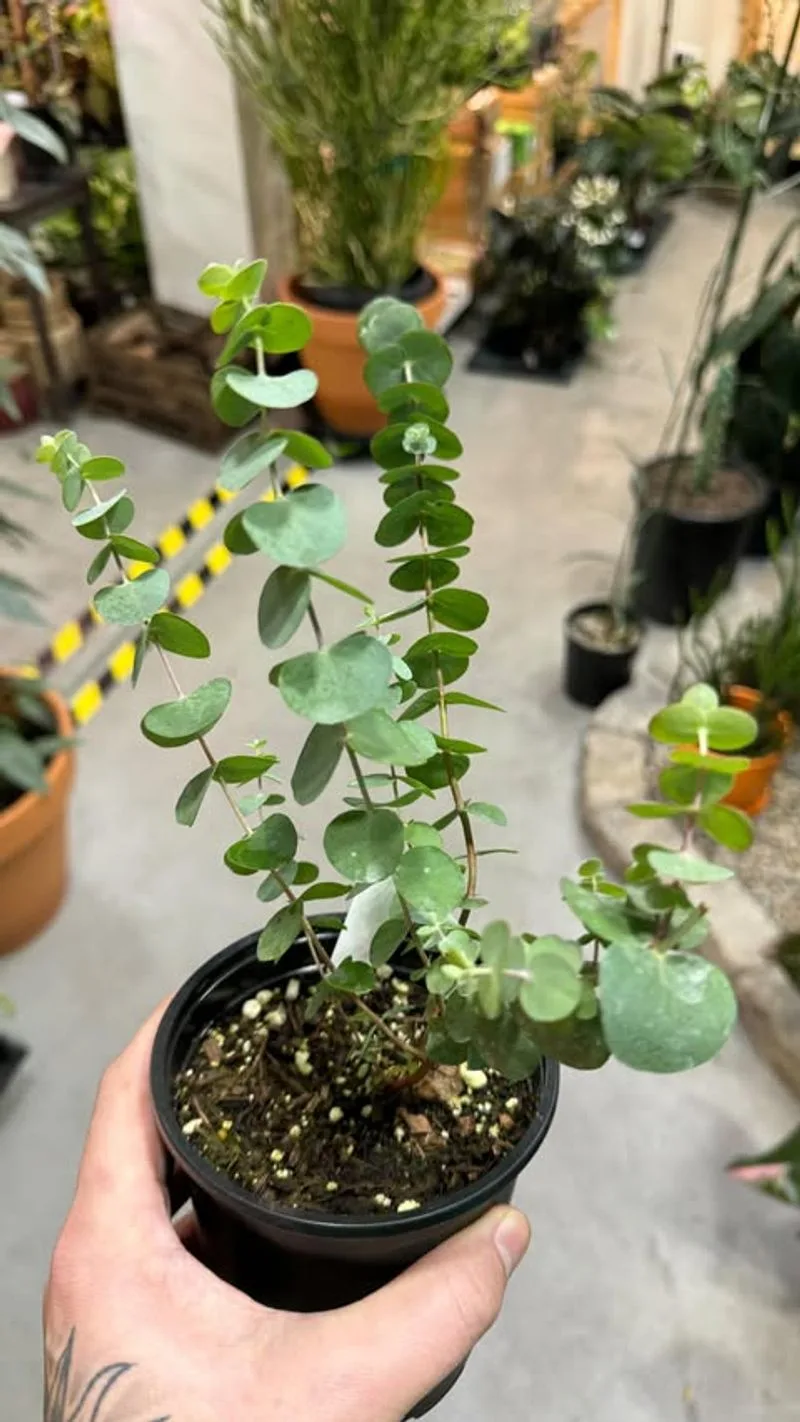
Eucalyptus leaves emit a strong fragrance that repels wasps, making it a valuable addition to any garden. This plant’s distinctive aroma is not only effective against wasps but also brings a refreshing scent to outdoor spaces. Eucalyptus can be grown in pots to control its size and spread.
Prune it regularly to maintain shape and encourage healthy growth. With its silvery leaves and striking appearance, eucalyptus is both a practical and ornamental choice for wasp control.
Marigold
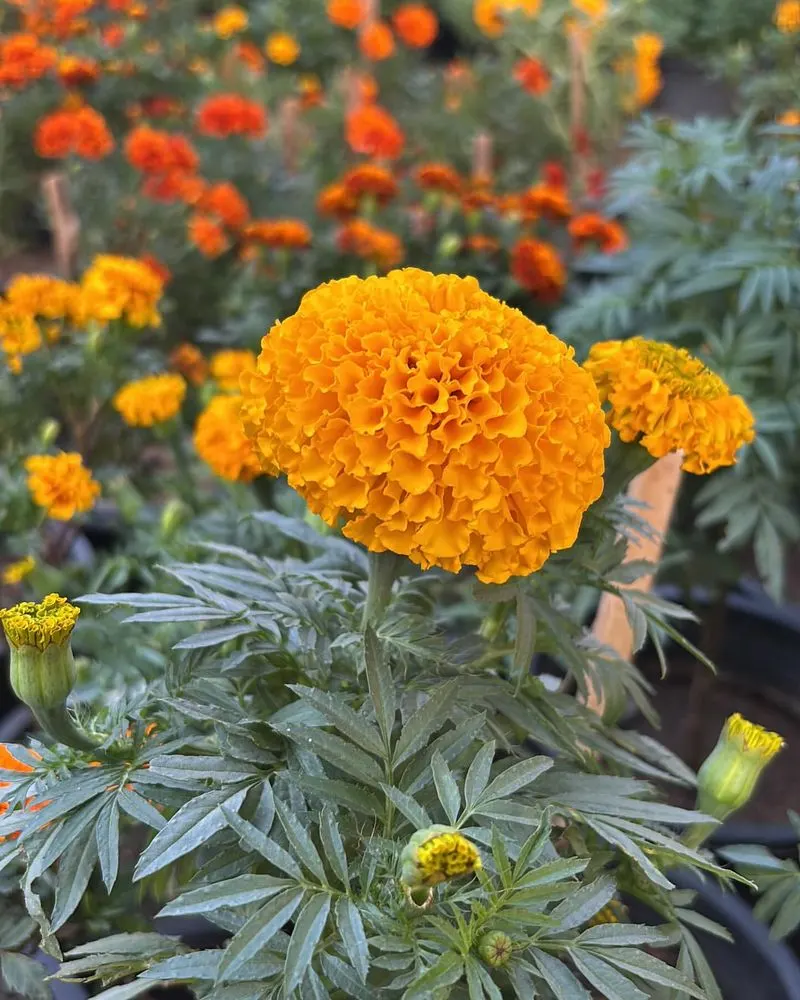
Marigolds are more than just colorful additions; their scent is known to deter wasps. These bright, cheerful flowers can be planted in clusters to form a protective barrier around your garden. Besides repelling wasps, marigolds attract beneficial insects that help with pollination.
They thrive in sunny spots and are easy to grow, requiring minimal care. Regular deadheading will encourage more blooms, ensuring your garden remains lively and wasp-free. Marigolds offer a natural pest control solution with a splash of color.
Wormwood
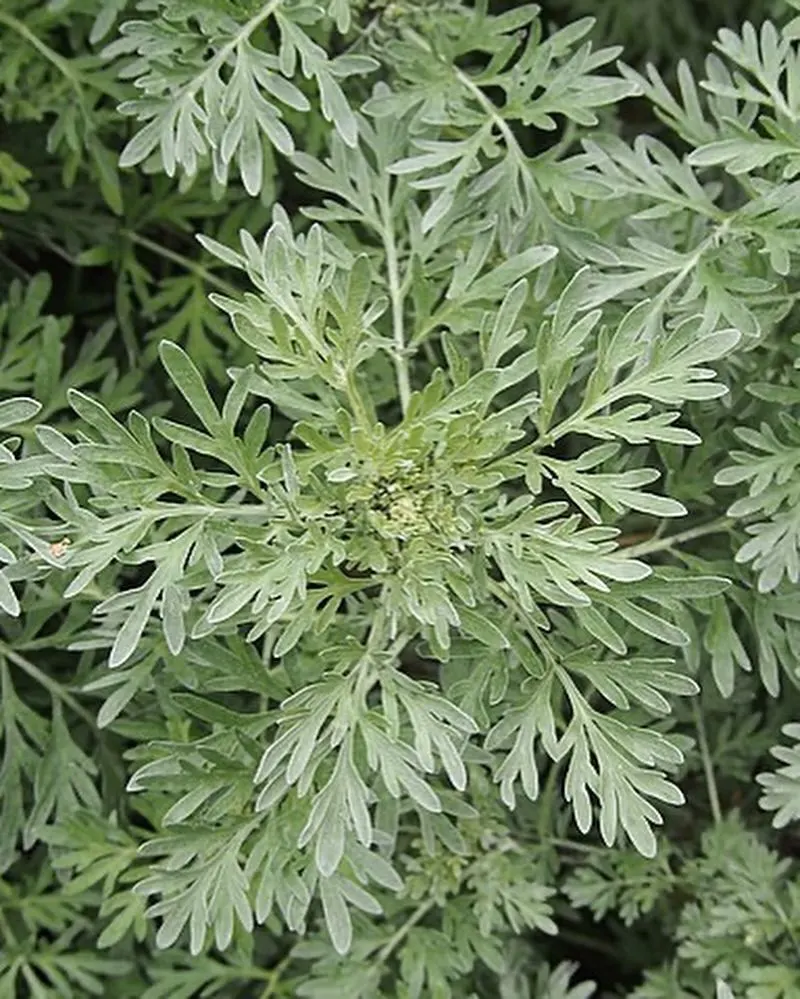
Wormwood, with its bitter aroma, wards off wasps effectively. This hardy plant can be a striking addition to garden borders or rockeries. Its feathery, silver-grey foliage adds texture and contrast to plant arrangements.
Wormwood grows well in poor soil conditions, making it an easy-care option for gardeners.
Be cautious with its placement, as it can inhibit the growth of nearby plants. Its natural repelling properties are complemented by its unique beauty, making wormwood a valuable component of your garden strategy.
Citronella
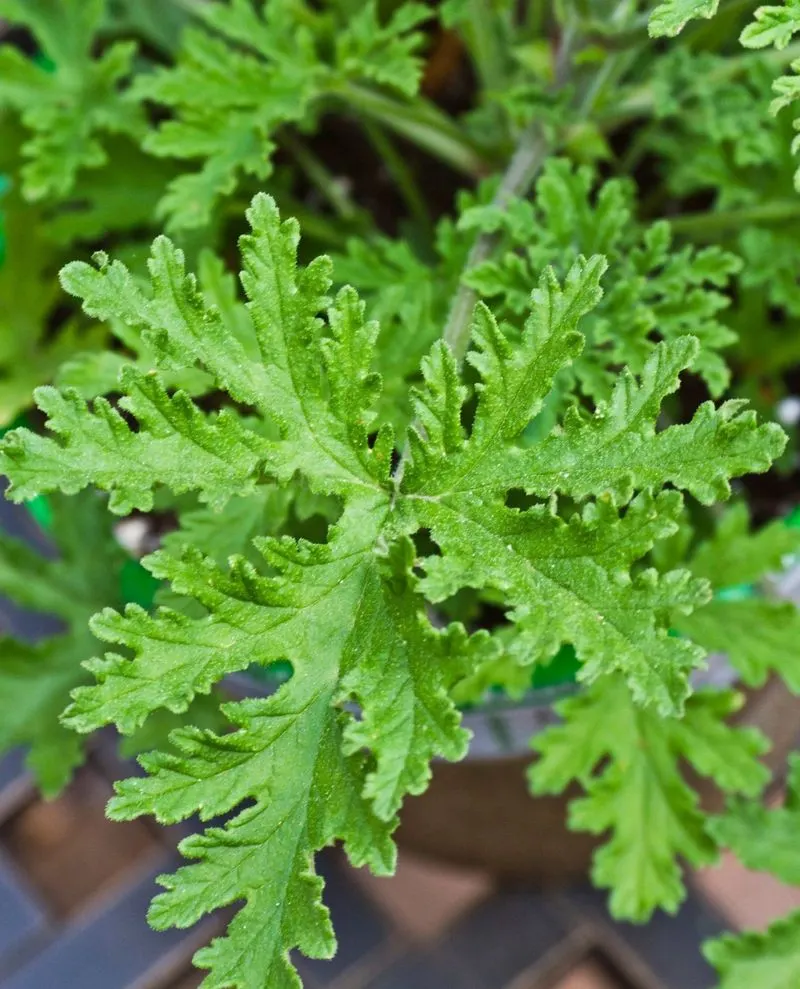
Citronella is renowned for its wasp-repelling capabilities thanks to its lemony fragrance. This grassy plant is often used in candles and repellents, and when grown in the garden, it provides a natural alternative. Citronella grass thrives in warm climates and needs ample sunlight.
It can be grown in pots to prevent it from spreading uncontrollably. Besides wasp control, citronella adds a pleasant scent to your outdoor spaces. Plant it in strategic locations to form a protective zone around patios and sitting areas.
Pennyroyal
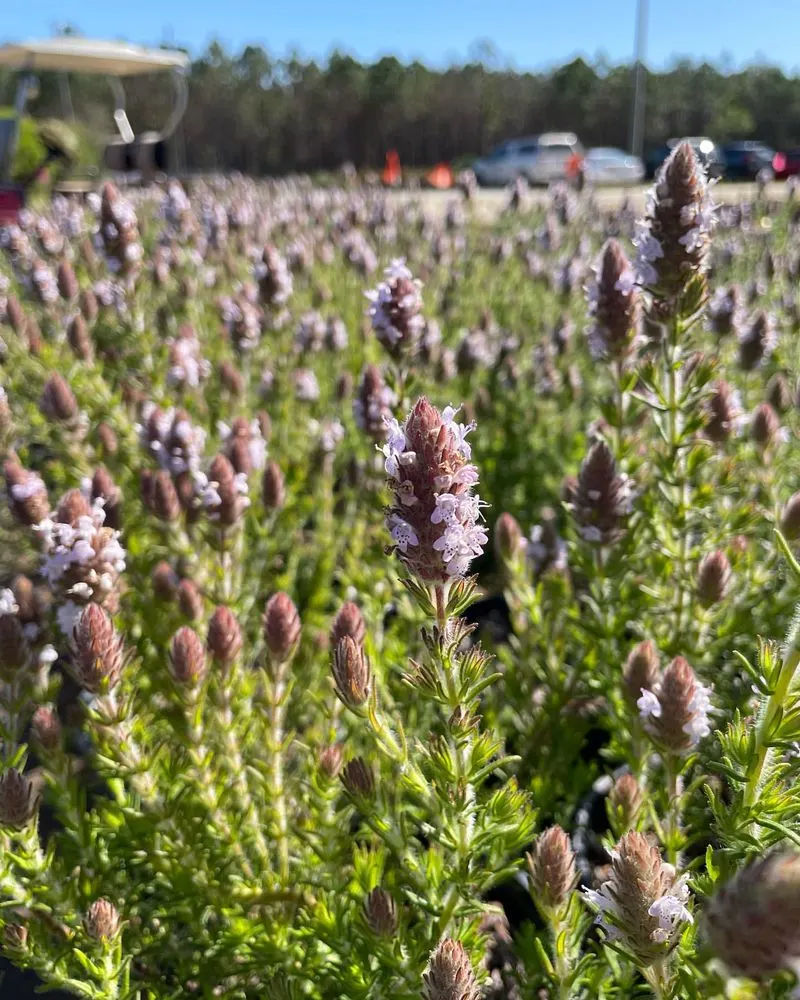
Pennyroyal emits a potent aroma that is disagreeable to wasps, making it an excellent repellent. This plant can be placed near entranceways or around patios to create a protective barrier. Not only does pennyroyal deter wasps, but it also attracts beneficial insects.
It prefers moist, shaded areas, making it ideal for less sunny spots in your garden. Pennyroyal’s small purple flowers add a touch of color, enhancing its appeal. Use this plant to safeguard your garden’s peace while adding beauty to overlooked spaces.

